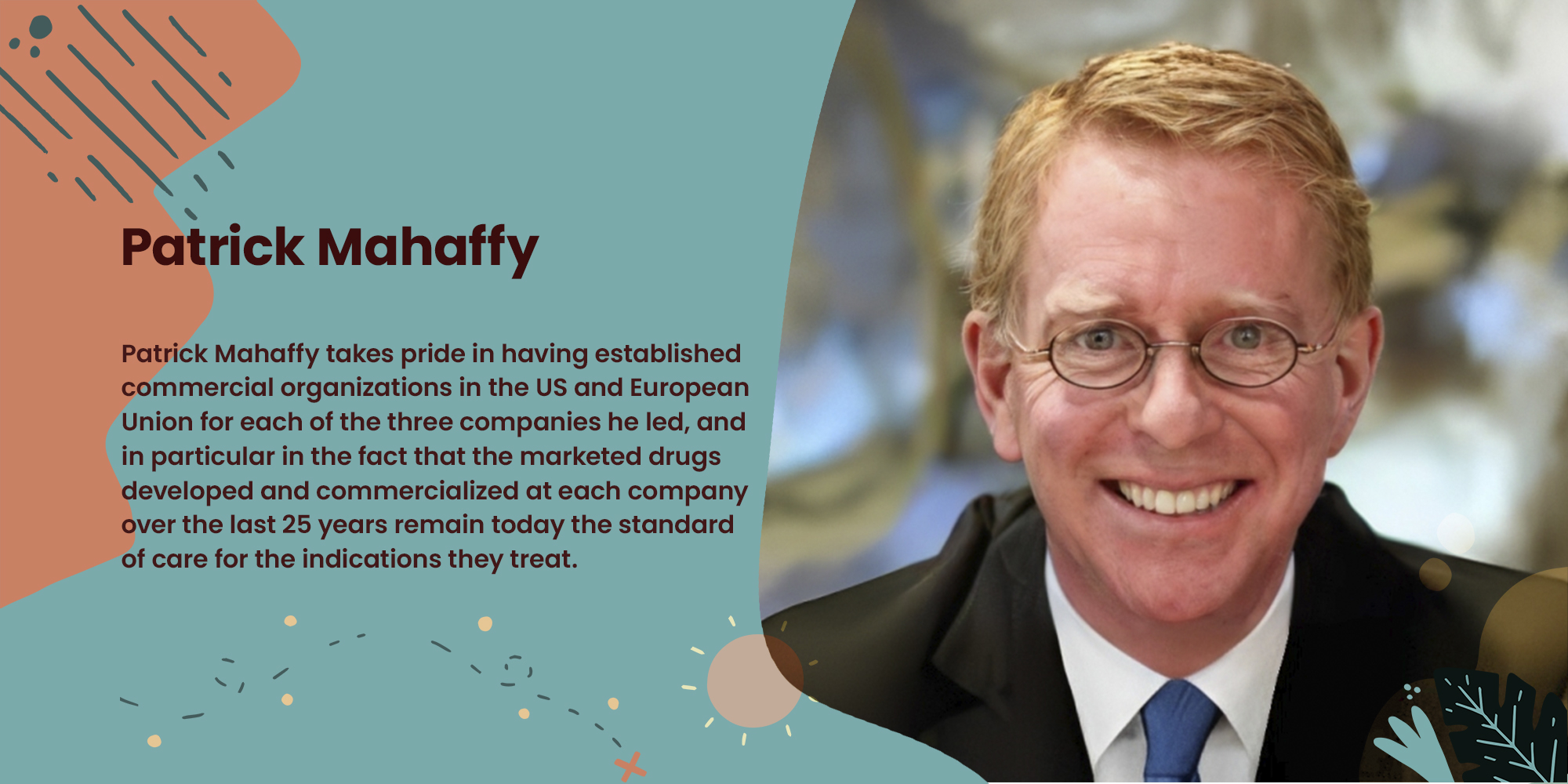
Effective communication is the cornerstone of successful leadership. A leader’s ability to convey ideas, motivate their team, and manage conflicts can significantly impact productivity and morale. Here are seven key communication skills every leader should master to inspire and guide their teams effectively.
Active Listening
Active listening is more than just hearing words; it’s about understanding the message behind the words. Leaders who practice active listening show their team members that their opinions and feelings are valued. This skill involves paying full attention, not interrupting, and providing feedback demonstrating understanding. By doing so, leaders can foster a sense of trust and respect, encouraging open and honest communication within the team.
Clarity and Conciseness
Clear and concise communication ensures that messages are understood as intended without unnecessary confusion. Leaders should aim to express their thoughts straightforwardly, avoiding jargon and complex language. Clarity prevents misunderstandings and ensures everyone is on the same page when giving instructions or feedback. This saves time and enhances efficiency and productivity within the team.
Nonverbal Communication
Nonverbal cues, such as body language, facial expressions, and eye contact, play a crucial role in communication. Leaders should be aware of their nonverbal signals as they can reinforce or contradict what is being said. Positive nonverbal communication, like maintaining eye contact and open body posture, can make team members feel more comfortable and engaged. On the other hand, negative cues, such as crossing arms or avoiding eye contact, can create barriers and lead to misunderstandings.
Emotional Intelligence
Emotional intelligence (EI) is the ability to understand and manage one’s own emotions and recognize and influence the emotions of others. Leaders with high EI can navigate complex social situations, manage stress, and make informed decisions. They are adept at handling conflicts and building strong relationships within their team. By demonstrating empathy and understanding, emotionally intelligent leaders create a supportive and collaborative work environment.
Constructive Feedback
Providing constructive feedback is essential for growth and improvement. Effective leaders know how to deliver feedback that is helpful and encouraging rather than critical and demoralizing. Constructive feedback should be specific, focused on behavior rather than personality, and accompanied by suggestions for improvement. When given thoughtfully, feedback can motivate team members to enhance their performance and contribute more effectively to the organization.
Adaptability
Adaptability in communication means being able to adjust your style and approach based on the audience and situation. Leaders often communicate with diverse groups, including team members, stakeholders, and clients. Understanding the needs and preferences of different audiences and tailoring messages accordingly can improve comprehension and engagement. Flexible communicators can also more effectively navigate changes and uncertainties, keeping their team aligned and motivated.
Conflict Resolution
Conflict is inevitable in any workplace, but effective leaders know how to manage and resolve disputes constructively. Conflict resolution involves identifying the underlying issues, facilitating open dialogue, and finding mutually acceptable solutions. Leaders skilled in conflict resolution can maintain a positive work environment and prevent minor disagreements from escalating into major problems. Leaders can foster a culture of respect and cooperation by addressing conflicts promptly and fairly.
Mastering these seven communication skills can significantly enhance a leader’s ability to inspire, motivate, and guide their team. Active listening, clarity, nonverbal communication, emotional intelligence, constructive feedback, adaptability, and conflict resolution are all essential for effective leadership. By continuously developing these skills, leaders can build stronger relationships, improve team dynamics, and drive their organizations toward success.
Practical Tips for Developing Communication Skills
Practice Active Listening: Make a conscious effort to listen more than you speak. Reflect on what is being said and respond thoughtfully.
Be Clear and Concise: Before communicating, take a moment to organize your thoughts. Aim to convey your message straightforwardly.
Observe Nonverbal Cues: Pay attention to your body language and the nonverbal signals of others. Adjust your nonverbal communication to reinforce your message.
Develop Emotional Intelligence: Take time to understand your emotions and how they affect your interactions. Practice empathy by considering others’ perspectives.
Give Constructive Feedback: When providing feedback, focus on specific behaviors and offer practical suggestions for improvement. Balance criticism with positive reinforcement.
Adapt Your Communication Style: Be mindful of your audience’s needs and preferences. Tailor your communication to suit different contexts and individuals.
Resolve Conflicts Constructively: Approach conflicts with an open mind and a focus on finding solutions. Facilitate open and respectful discussions to address underlying issues.
By incorporating these tips into your daily interactions, you can enhance your communication skills and become a more effective and respected leader. Effective communication is not a one-time achievement but an ongoing learning and improvement process. As you develop these skills, your ability to connect with and lead others will grow, creating a more positive and productive work environment.